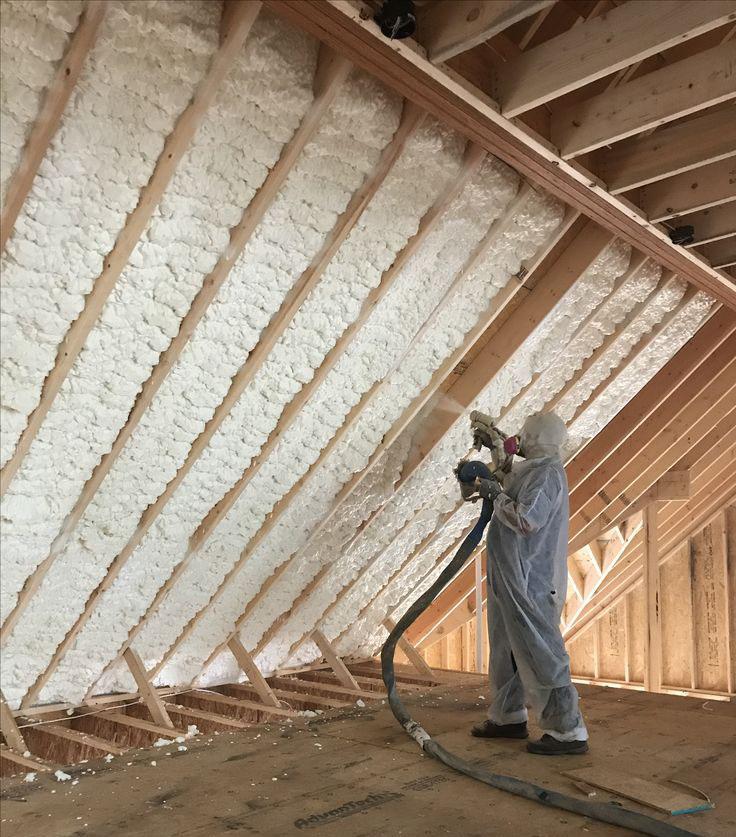Insulating commercial buildings is often overlooked, but it plays a crucial role in maintaining energy efficiency, reducing costs, and enhancing comfort for occupants. In this article, we’ll explore the importance of insulating commercial buildings, the benefits it provides, and the various types of insulation available.
Benefits of Insulation in Commercial Buildings
Insulation in commercial buildings offers several advantages:
- Energy Efficiency: Insulation helps in maintaining a consistent indoor temperature, reducing the workload on heating and cooling systems.
- Cost Savings: By improving energy efficiency, insulation can lead to significant cost savings on utility bills.
- Comfort and Productivity: Proper insulation creates a more comfortable indoor environment, which can boost productivity among occupants.
Types of Insulation for Commercial Buildings
There are several types of insulation commonly used in commercial buildings:
- Blanket Insulation: This is the most common type, consisting of flexible fibers such as fiberglass or mineral wool.
- Foam Board Insulation: Rigid panels of insulation that are lightweight and easy to install.
- Spray Foam Insulation: This type of insulation expands upon application, providing a tight seal and high level of insulation.
Factors to Consider Before Insulating a Commercial Building
Before insulating a commercial building, several factors should be considered:
- Building Location and Climate: The climate of the region will impact the choice of insulation and the required R-value.
- Building Size and Layout: The size and layout of the building will determine the amount of insulation needed.
- Building Use and Occupancy: The type of insulation required will vary based on the building’s use and occupancy.
Common Insulation Issues in Commercial Buildings
Some common issues with insulation in commercial buildings include:
- Poor Installation: Improper installation can lead to gaps and voids in the insulation, reducing its effectiveness.
- Inadequate Insulation: Insufficient insulation can result in heat loss or gain, leading to increased energy costs.
- Moisture Problems: Improperly installed or inadequate insulation can lead to moisture issues, such as mold and mildew growth.
How to Insulate a Commercial Building
To properly insulate a commercial building, follow these steps:
- Inspect and Assess Insulation Needs: Determine the current insulation levels and identify areas that need improvement.
- Choose the Right Insulation Material: Select an insulation material that is suitable for the building’s needs and meets local building codes.
- Install Insulation Properly: Ensure that the insulation is installed correctly and according to manufacturer’s guidelines.
Regulations and Standards for Insulating Commercial Buildings
There are several regulations and standards that govern insulation in commercial buildings, including:
- Building Codes: Local building codes may specify the type and amount of insulation required for commercial buildings.
- Energy Codes: Energy codes mandate minimum energy efficiency standards for commercial buildings.
- LEED Certification: The Leadership in Energy and Environmental Design (LEED) certification program sets standards for sustainable building practices, including insulation requirements.
Conclusion
Insulating commercial buildings is essential for energy efficiency, cost savings, and occupant comfort. By choosing the right insulation and installing it properly, building owners can create a more sustainable and comfortable indoor environment.
FAQs
- Do all commercial buildings need to be insulated?
- While insulation is not mandatory for all commercial buildings, it is highly recommended for energy efficiency and cost savings.
- What is the best type of insulation for commercial buildings?
- The best type of insulation depends on various factors such as building size, climate, and budget. It’s best to consult with a professional to determine the most suitable insulation for your building.
- How long does insulation in commercial buildings last?
- The lifespan of insulation in commercial buildings can vary depending on the material used and the quality of installation. On average, insulation can last anywhere from 20 to 80 years.
- Can insulation help reduce noise in commercial buildings?
- Yes, certain types of insulation, such as foam board insulation, can help reduce noise transmission in commercial buildings.
- Are there any tax incentives for insulating commercial buildings?
- In some cases, there may be tax incentives or rebates available for installing energy-efficient insulation in commercial buildings. It’s advisable to check with local authorities or energy providers for more information.

